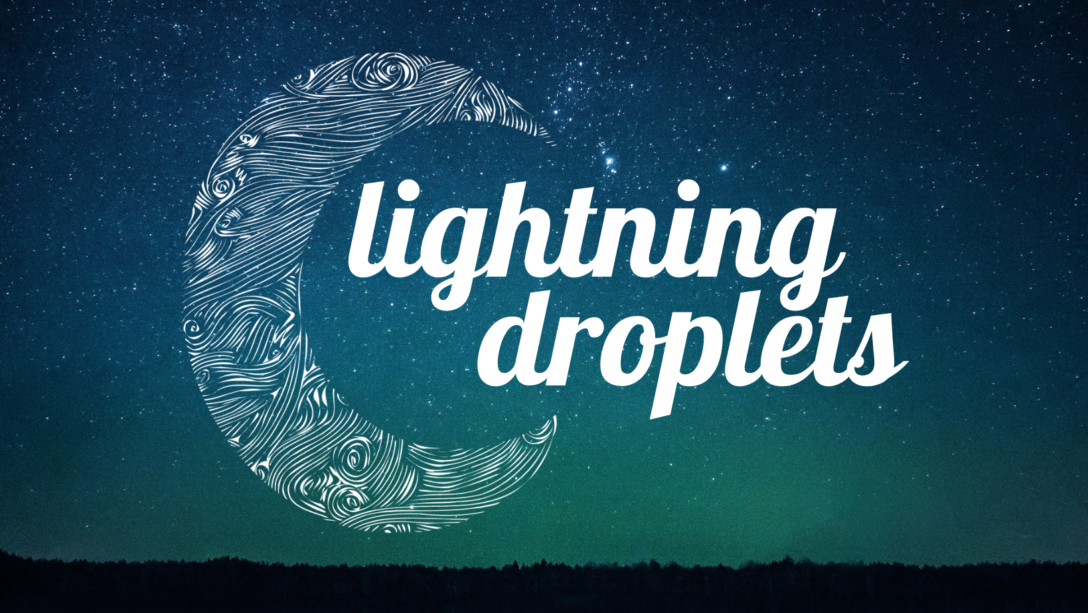I’ve been reprimanded quite a bit lately because I haven’t posted anything. But I promise, dear reader, I have an excuse! I’ve just moved from Bangkok to Wellington, New Zealand,* and I will admit that the energy of the move and house-hunting and job-hunting has kept me from blogging. I will also admit that I’ve been too wrapped up in exploring this lovely little capital at the end of the world to think much about writing or grad school. In my defence,** I am incredibly smitten with my surrounds and with people here and my mind has been elsewhere.
Part of why I am so smitten is that I didn’t properly anticipate how much I would love living in an English-speaking country again. I am struck by how much it means to me to be able to have connective little conversations with the baristas at the coffee shops I frequent or to flirt with the guy who works at WelTec. I really appreciated all the smiles I got in Thailand. But if Thailand is the Land of Smiles, New Zealand feels to me like the Land of Small Talk. And I am really loving it. I’d forgotten how those little conversations with friends-you-haven’t-met-yet can really brighten your day. Even if it is a wintry, drizzle-y day, as has often been the case.
In the spirit of appreciation for small connections with friends-you-haven’t-met-yet, I’d like to give a special thanks to Daniela, a fellow Wellingtonian, who blogs over at Lantern Post, who nominated me for the Twin Awards. These little moments of connection and recognition are just lovely and I really do appreciate them. I’d also like to share a bit of Daniela’s poetry, which gives a little bit of insight into my new hometown:
Street Performer
On Saturdays street artists are out,
downtown on Cuba Street,
marking their patches of concrete,
between market stalls,
amongst passers-by,
bending around corners,
not on the way, just in the view,
singing for nickels,
dancing for laughs.
And there he was,
all young and bouncy inside his sneakers,
pants low on hips with blue hearts sewn on knees,
his mum did it for him he tells me.
Just setting his circle right now,
but show will start soon,
and he is really good, he says,
excellent in fact,
real juggling acts, like in circuses,
and fire eating, real fire mind you,
made with kerosene, a real poison.
Really, if I will stay he will show me,
usually lots of people come and watch,
he has a regular crowed now,
and does acrobatics, dangerous staff and for real,
no tricks, like some others do,
no, not him,
he is for real.
Just stay for a while, he will start soon,
mind if I have a spare smoke and a lighter,
it will be real good,
he does this for living,
his folks are still in shock,
but he does what he loves, and that’s all that matters to him,
to make people laugh.
Just stay till the end of the show,
it is going to be awesome,
at the end he will pass the hat around,
you know how it is,
has to pay rent, buy beer,
loving what you do does not,
pay bills,
you understand.
*Why does WordPress not think that New Zealand is a word? Really, WordPress, it’s a real place! Not a fairy-Neverland. But, honestly, you wouldn’t know by this picture:

I mean, look at this! I live here!
**And now it seems I am spelling like them too….
Creative Commons love to mollyeh11 and PhillipC for the photos!





